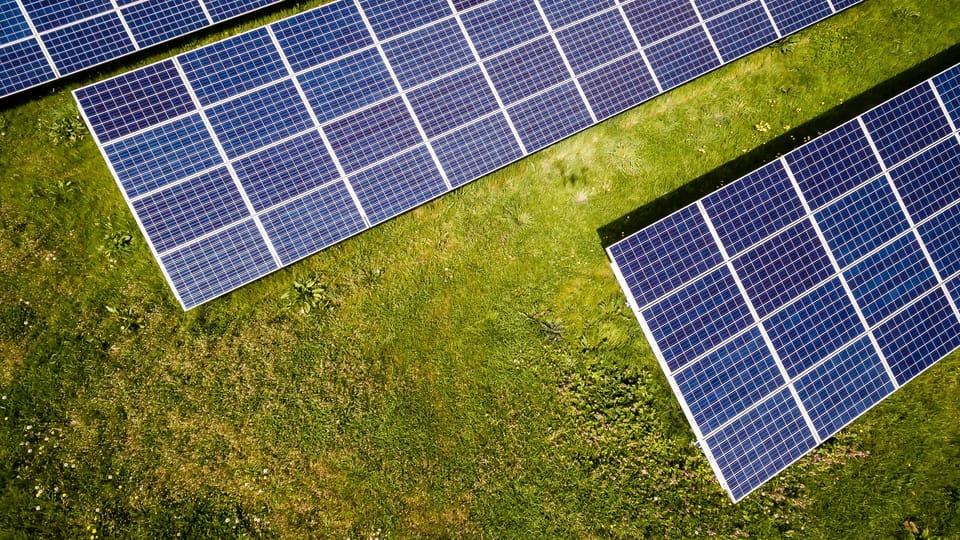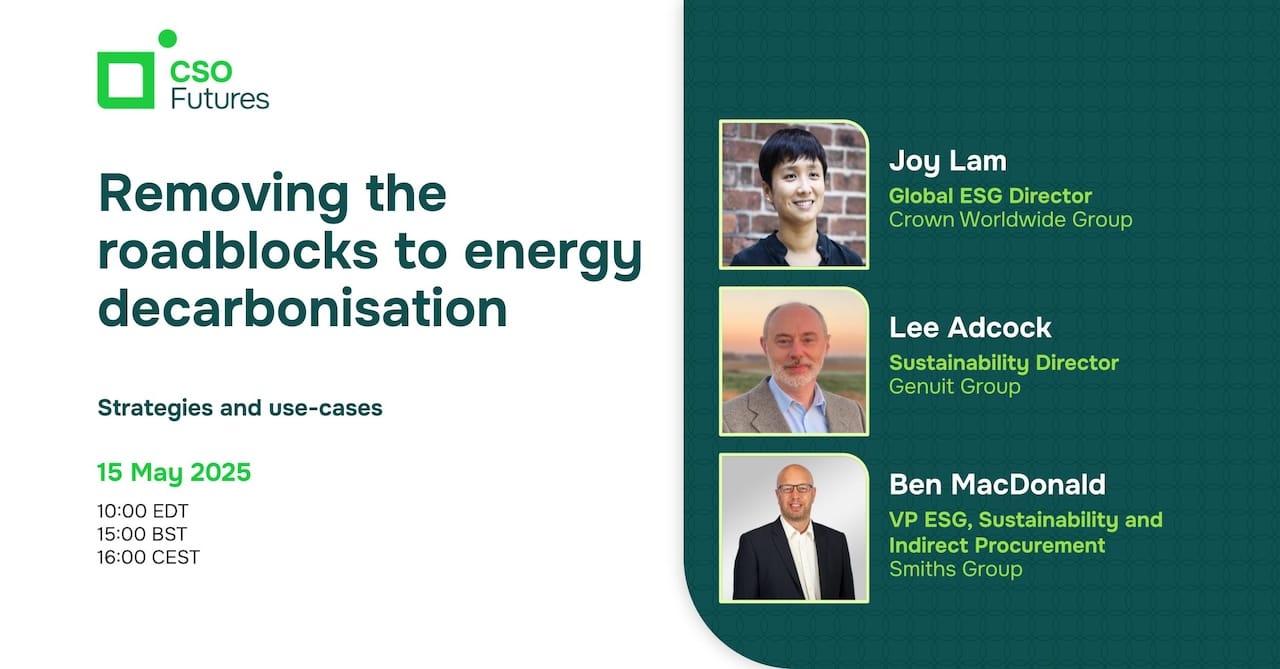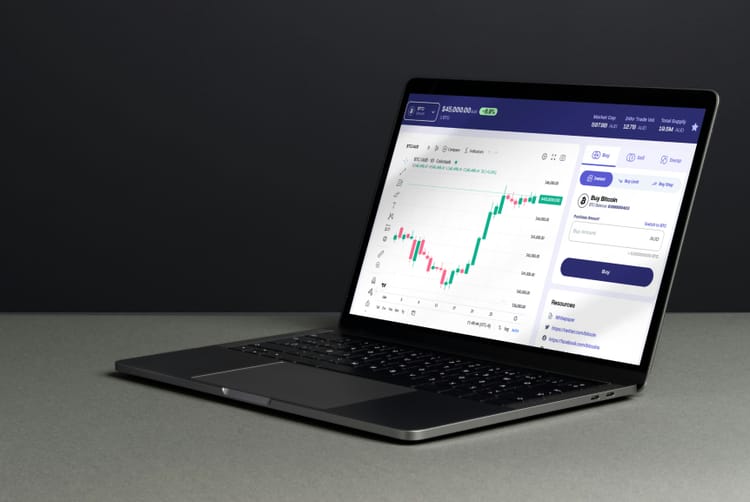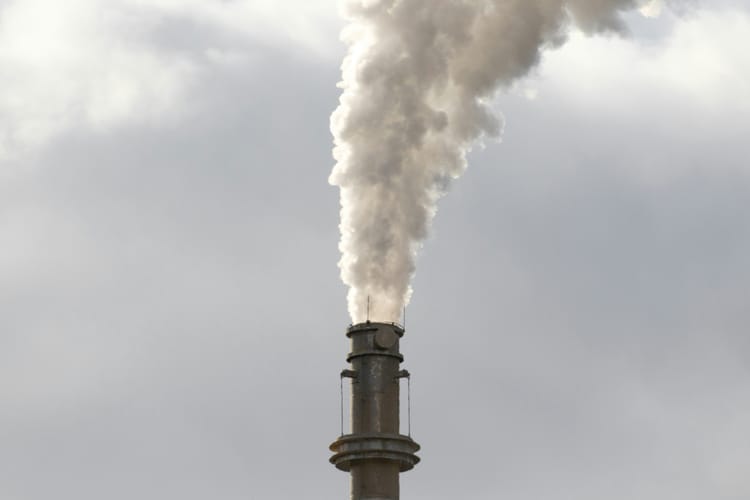Electrification and AI drive businesses to seek clean energy self-sufficiency

With electrification and artificial intelligence seen as crucial to the next phase of business growth, many companies are seeking more control over their clean energy supply, according to a new report.
With global electricity demand set to double in the next 25 years – and three quarters of this growth coming from businesses – companies are actively preparing for the next phase of the energy transition. According to an EY survey of 2,400 business leaders across large and mid-sized enterprises, more than 70% of firms plan to increase their focus on electrification, emissions reduction, and energy cost management in the next three years.
And as part of the drive to secure enough clean energy to support their growth, nearly three-quarters (70%) also plan to invest in on-site generation and battery storage. “Self-sufficiency and emissions reduction are drivers behind these investments, but businesses tell us they are also keen to reduce energy costs and create new opportunities,” explains EY, adding that 41% of the decision-makers surveyed say they want to generate revenue by selling power generated by on-site energy assets back to the grid.
Step into the next phase of your energy transition

Reliability and cost as top priorities
Unsurprisingly, reliability is the top priority for 63% of companies when it comes to sourcing energy. (Spain’s massive April 28 blackout is estimated to have cost the economy up to €800 million, with small businesses hit the hardest.)
This is followed by affordability (56%) and sustainability (52%), though the report notes that companies, particularly in tech, mining and natural resources, are willing to pay a premium for greener and more reliable energy.
These priorities make self-generation of renewables a sensible choice for many, especially as 66% say they are worried about their ability to access the energy they need to meet future needs, and many see energy providers as a roadblock on the path to energy prosperity.
Meeting energy decarbonisation targets
Nearly all (99%) of the companies surveyed have set sustainable energy goals around increasing the use of carbon-free energy and reducing overall emissions – with three quarters having set a 2035 deadline for these targets.
To achieve these goals, businesses plan to invest both in large-scale generation and microgrids, as well as energy management systems, energy-efficient equipment and carbon credits.
“This broad range of planned investments will call on a diverse ecosystem of participants. Will energy providers be star players — or sidelined? Businesses tell us that they will continue to turn to energy providers for renewable energy and green natural gas but prefer other providers for everything else,” writes Greg Guthridge, EY Global Energy & Resources Customer Experience Transformation Leader.







Member discussion